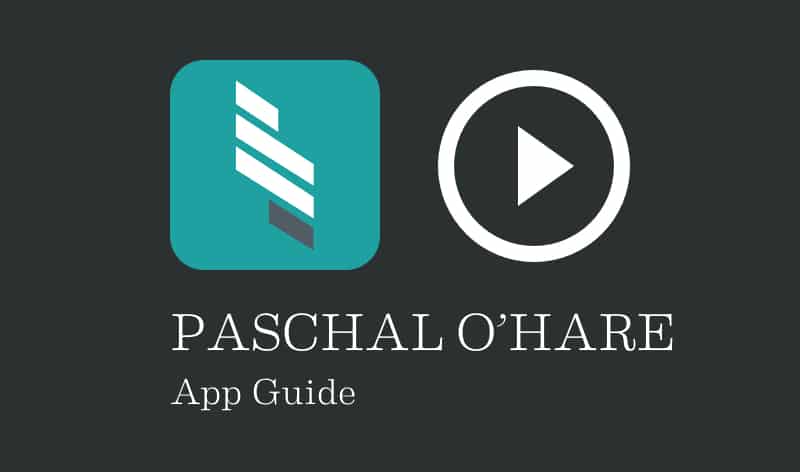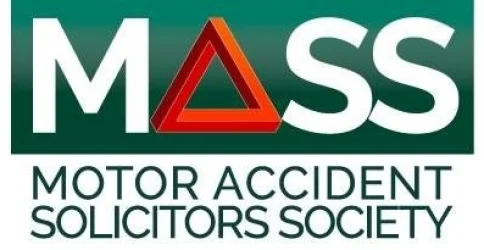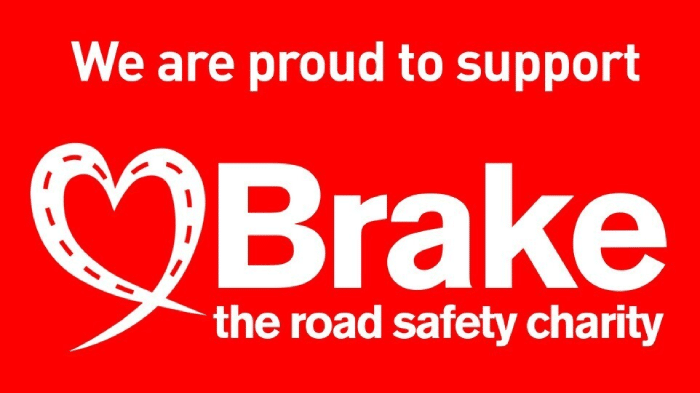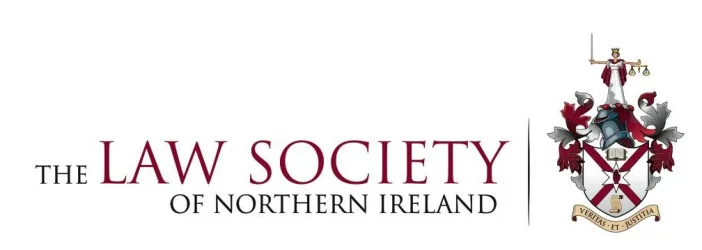Expanding on the basics we’ve previously discussed, you should be aware of additional complexities in work accident claims in Northern Ireland. Understanding these finer points can further ease your journey through the claims process. Here are 10 more essential insights to help you navigate your work accident claim process, ensuring you’re fully informed and prepared to secure the compensation you deserve.
1) Can I claim if the work accident was partly my fault?
When it comes to making a work accident claim in Northern Ireland, understanding fault is important. It’s crucial in assessing the success and value of your compensation. If the accident occurred entirely due to your actions, such as not following safety protocols, you may not be eligible to claim compensation for your injuries. This is because the injury’s liability must be attributed to another party’s negligence or breach of duty. However, if the accident was partially your fault, you might still be able to make a claim through a process known as contributory negligence. In such cases, responsibility for the incident is shared, and your compensation could be adjusted based on your degree of fault. For instance, a split liability agreement can be reached if an unsafe working condition contributed to the accident, even if you were also partially at fault.
The final allocation of liability and corresponding compensation would be determined through negotiations or by a court if necessary. Understanding these nuances helps you navigate the claims process more effectively and can aid in securing fair compensation despite the complexities of fault in your case.
2) Employers may reach out, but beware
When an employer contacts you to discuss a settlement after a work accident, it’s best to exercise caution. While they may seem supportive and concerned about your welfare, their primary aim is often to minimise the financial impact on their business. Employers might offer quick settlements that appear appealing initially, but these offers can be misleading. Such settlements frequently fail to cover the full extent of your injuries and future needs. Employers may downplay the severity of your injuries, question your claims, or imply that you bear some responsibility for the accident to justify a lower offer. Understanding that their objective is to resolve the claim quickly and cost-effectively, not necessarily to ensure you receive fair compensation. Before accepting any settlement offer, consult an expert personal injury solicitor in Northern Ireland who can evaluate the offer and advocate for your rights.
3) The role of social media and your work accident claim
Insurance companies may examine your public social media feeds to question the validity of your claim. Be fully aware of your activities and online presence. Any discrepancies between your reported injuries and your behaviour in public or online could easily undermine your claim. In general, it’s advisable that you think before posting anything. Anything you post online can be scrutinised and used against you. We examine this topic in another blog which you may find interesting.
4) What evidence do I need for my work accident claim?
Gathering solid evidence is fundamental for a successful claim. This includes medical records, witness statements, and potentially photos of the accident area and your injuries. Gathering ample evidence can enhance the strength of your claim. Collect as much relevant information as possible, including details of any conversations you had regarding the accident and any subsequent actions taken by your employer. Your solicitor can help you collect this evidence to build a compelling case demonstrating the extent of your injuries and the negligence involved.
5) How long does the work accident claims process take?
The time it takes to conclude your case can vary widely. Simple cases may be resolved in several months, while complex ones can take several years. Factors such as the injury’s severity and the other party’s willingness to settle will impact the timeline. Your solicitor can provide a more accurate estimate based on your specific circumstances. Delays can occur due to thorough negotiations and the availability of court dates if litigation becomes necessary. It is always best to prepare for a lengthy process and maintain regular communication with your solicitor.
6) The importance of medical assessments in the work accident claim
A medical assessment is a critical component of your claim. It independently and objectively evaluates your injuries and their impacts. This assessment helps determine the appropriate compensation amount and can be used as evidence in negotiations or court proceedings. The medical report will detail the nature and extent of your injuries and any potential ongoing treatment. It is a critical piece of evidence that will be used to determine current and future medical needs.
7) Temporary and contract workers’ rights
Just because you’re a temporary or contract worker doesn’t mean you’re without rights! In fact, you are entitled to the same safety protections and rights as permanent workers. So it’s important that you are aware that you can still make a personal injury claim if you’re injured while working on a temporary or contract basis. Regardless of employment status, employers must provide a safe working environment and adequate training for all workers. It’s crucial to know that your rights to a safe workplace and compensation do not diminish because of your employment type.
8) What happens if my work accident claim is disputed?
If your claim is disputed by the employer or their insurers, your solicitor will step in and negotiate with them to seek a resolution. If negotiations deteriorate, our solicitor will take your case to court. Building a solid case with plenty of evidence gives you the best chance of a positive outcome. Your solicitor will tackle these issues head-on, using evidence and strong legal arguments to make sure you receive the compensation you are due.
9) Long-term implications of your injury
Work injuries can have long-term implications on your health and ability to work in the future. Understanding how your injury might affect you in the future is important for your claim. You might be entitled to compensation for future medical expenses as well as the loss of earnings. Ensure that your solicitor includes these considerations in your claim. Assessing the long-term effects of your injury involves medical evaluations as well as expert testimony to objectively and effectively represent your future needs and ensure that the compensation awarded addresses these needs.
10) How can Paschal O’Hare Solicitors help me with my work accident claim?
At Paschal O’Hare Solicitors, helping people with work accident claims is what we do best—and we’ve been doing it for over 55 years! With our deep roots in Northern Ireland, we know the ins and outs of personal injury claims. Our friendly and experienced team is dedicated to guiding you through every step of the work accident claims process. We’ll always be by your side, from gathering evidence and dealing with insurers to representing you in court if needed. For expert help with your claim, contact the work accident solicitors at Paschal O’Hare Solicitors. We’re here to make things easier and fight for rights.













